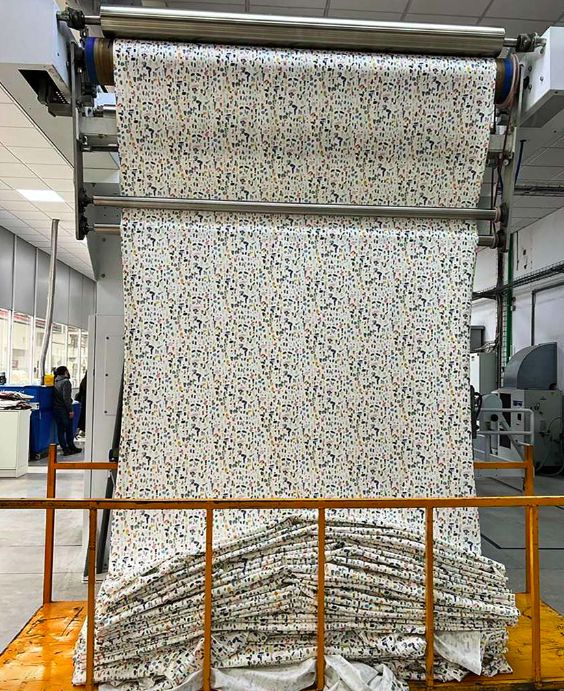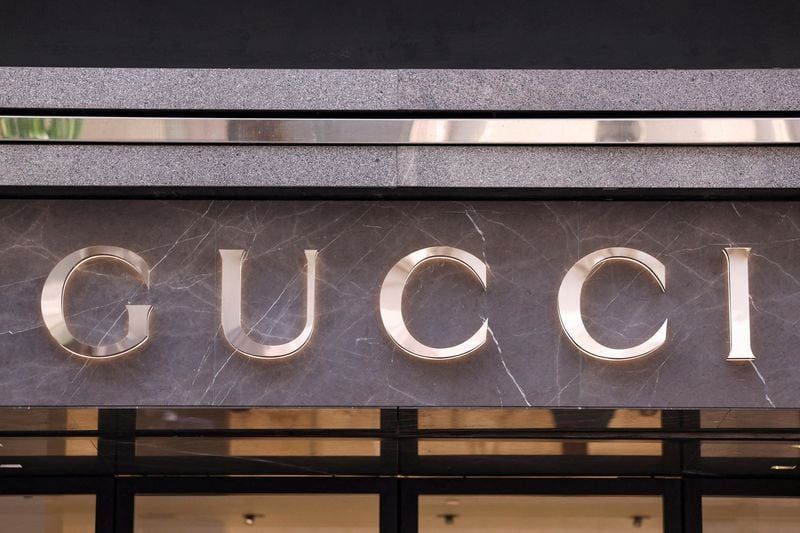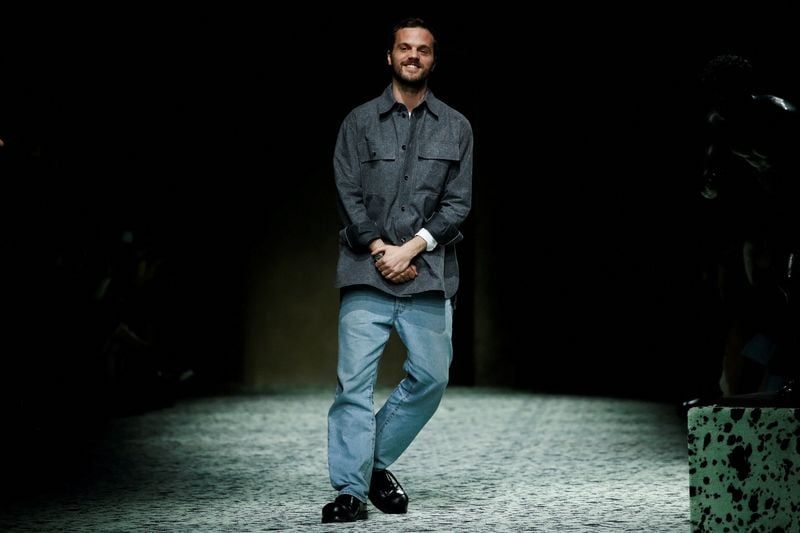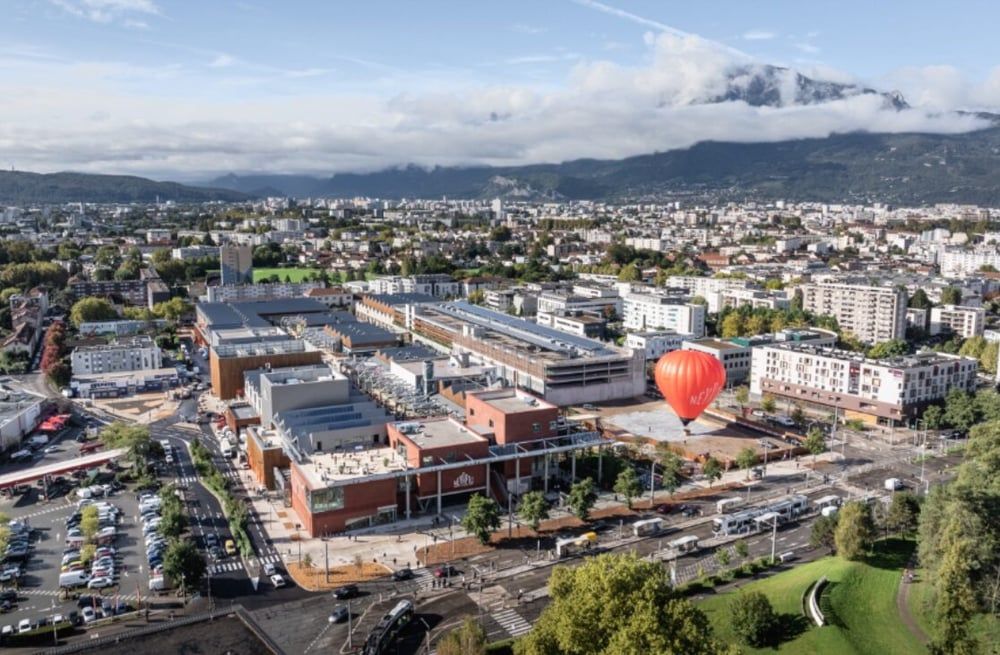Portuguese textile industry faces crisis demanding urgent government intervention

The Portuguese textile and clothing sector is facing a deepening crisis, with numerous groups announcing the closure of production units and the dismissal of hundreds of employees. This alarming trend has prompted industry associations to call for urgent government intervention, emphasizing the critical need for emergency measures such as simplified layoffs and comprehensive revitalization plans. The goal is to genuinely restructure struggling companies and safeguard the livelihoods of both manufacturers and their workforce, as many businesses have failed to reopen since the summer break, compounding a pre-existing wave of difficulties.
Industry leaders are united in their demand for decisive action. Ana Dinis, director general of the Textile and Clothing Association of Portugal (ATP), stressed the necessity for swift and concrete measures from both the Portuguese government and the European Union. Her proposed solutions include simplified layoffs to effectively manage workforces during periods of decreased demand, robust instruments to support company cash flow, and more flexible regulatory frameworks to enable companies to adapt to the challenging economic climate.
Beyond immediate relief, Ana Dinis, leveraging her extensive experience in the sector, also highlighted the imperative of firm measures against unfair competition. She advocates for the abolition of de minimis regimes, the implementation of specific taxes on ultra-fast fashion, and significantly increased supervision within the European internal market. These steps are deemed crucial to level the playing field and protect domestic industries from detrimental external pressures.
César Araújo, founder and CEO of Calvelex and president of the National Association of the Clothing and Apparel Industries (ANIVEC), echoed the call for restructuring, specifically mentioning the need for the PER (Special Revitalization Process). He also strongly advocated for simplified layoffs, viewing them as essential for companies to secure new orders. Araújo further outlined a three-pronged solution: long-term debt financing, effective restructuring mechanisms with social security, and simplified layoff provisions. He was particularly vocal about perceived market failures within Europe, stating that "Europe has squandered its market, opened its doors, and we are witnessing the biggest tax fraud of the 21st century," referring to an estimated "more than 100 billion euros without customs control," which he labeled as the largest tax evasion.
The severity of the situation is underscored by recent economic data. An activity survey conducted by ATP in June for the first half of 2025 revealed that exports from the textile and clothing sector totaled €2.79 billion between January and June 2025. This represents a 1.3% drop compared to the same period in 2024, which itself had seen a 3.9% decline relative to 2023. The survey also indicated widespread operational difficulties, with 66% of companies reporting a decline in turnover and 67% experiencing a drop in production during the first half of the year. Furthermore, a pessimistic outlook prevails, as 65% of companies anticipate a continued decline in turnover in the second half of 2025.
Despite these significant challenges, Ana Dinis maintains that the Portuguese textile and clothing sector retains fundamental strengths. She emphasized the sector's enduring capacity for innovation, its ability to differentiate itself in the global market, and its strong internationalization potential, suggesting these core attributes could be crucial in navigating the current crisis and securing future resilience.










